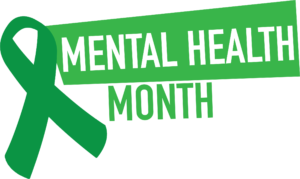Because suicide is the second-leading cause of death among teenagers, threatening phrases from your children (such as “I should just go kill myself.”) should be taken seriously, even if you think your children are saying it just to get attention. Here are some general ideas for how to talk to suicidal children.
If you notice your children exhibiting some of the warning signs of suicide or hear them talk about killing themselves, talk with them immediately.
- Be direct and specific. Talking about suicide will not put the idea in their head.
- Ask questions to help you understand how they’re feeling.
- Validate their feelings.
- Accept them instead of judging them.
- Assure them that you’ll be there for them.
Keep your children safe.
- Remove all harmful substances or objects from the immediate area.
- If your children are in immediate danger, don’t leave them alone.
- Call 911 or the Suicide Prevention Lifeline (800-273-TALK).
- Once the immediate danger has passed, find ongoing help for your children, such as a mental health professional.
A more specific method for coping with suicidal children is an approach based on nonviolent resistance. Its purpose is to reduce the potential risk and the collective distress in a suicide threat situation. Some main points of the approach include the following:
- Parents simultaneously support the child and resist the threat.
- Parents initiate a “containment phase” that states they will be present in their child’s life and do anything they can to avoid their child’s suicide.
- Parents created connectedness by sharing, not hiding, the suicide crisis with individuals who have positive relationships with their children.
- Parents take steps to reduce negative feelings and power struggles during the crisis.
*Note – The information in this blog is a starting place and might not be effective for every child or every situation. Individual counseling can be helpful in adapting strategies to meet individual needs.

This blog was written by Hope Squad. Hope Squad student members are trained to be aware of their peers and watch for warning signs. They learn to show empathy to their peers, listen without judgment, and reduce stigma regarding help-seeking and mental illness. Hope Squads are now in over 1,200 schools across 35 states and Canada. During the seventeen years since Timpview High School started a Hope Squad, the school has not lost a student to suicide. And as Hope Squad grows, we will continue to spread hope and save more lives. Learn more by visiting https://hopesquad.com/.




